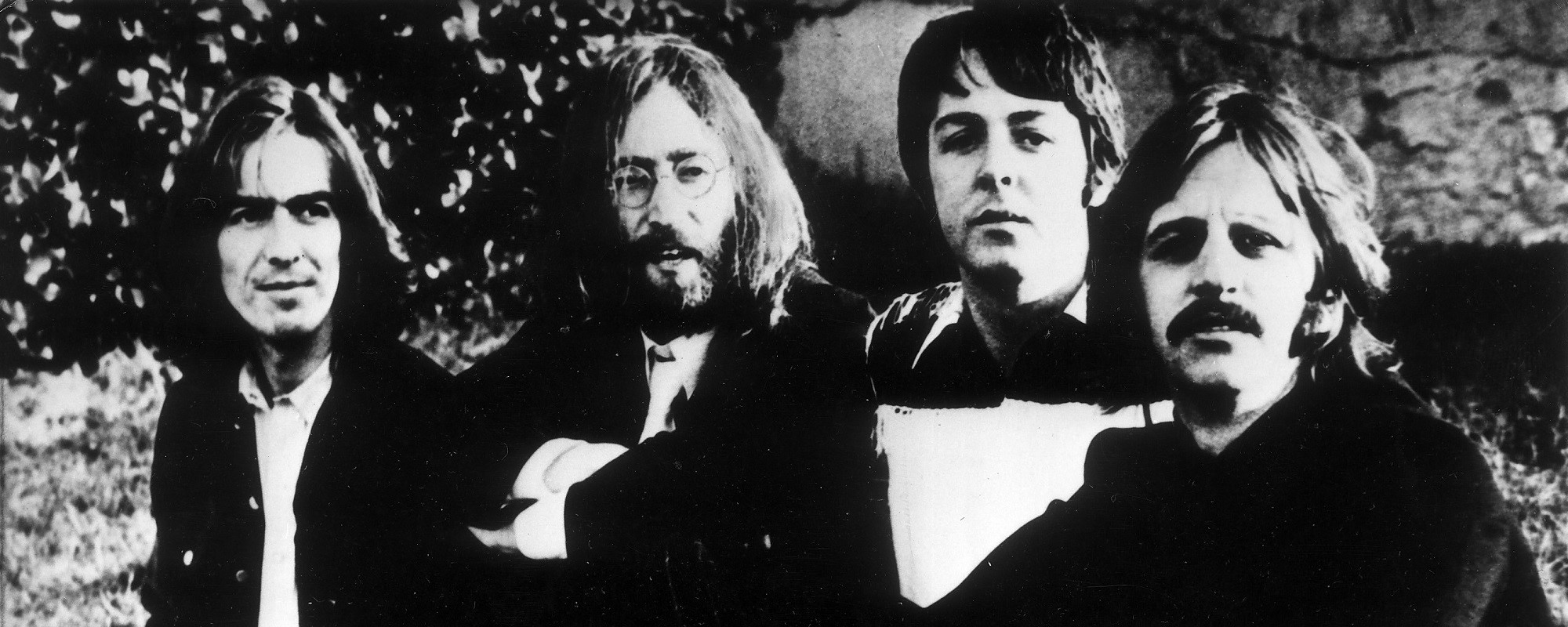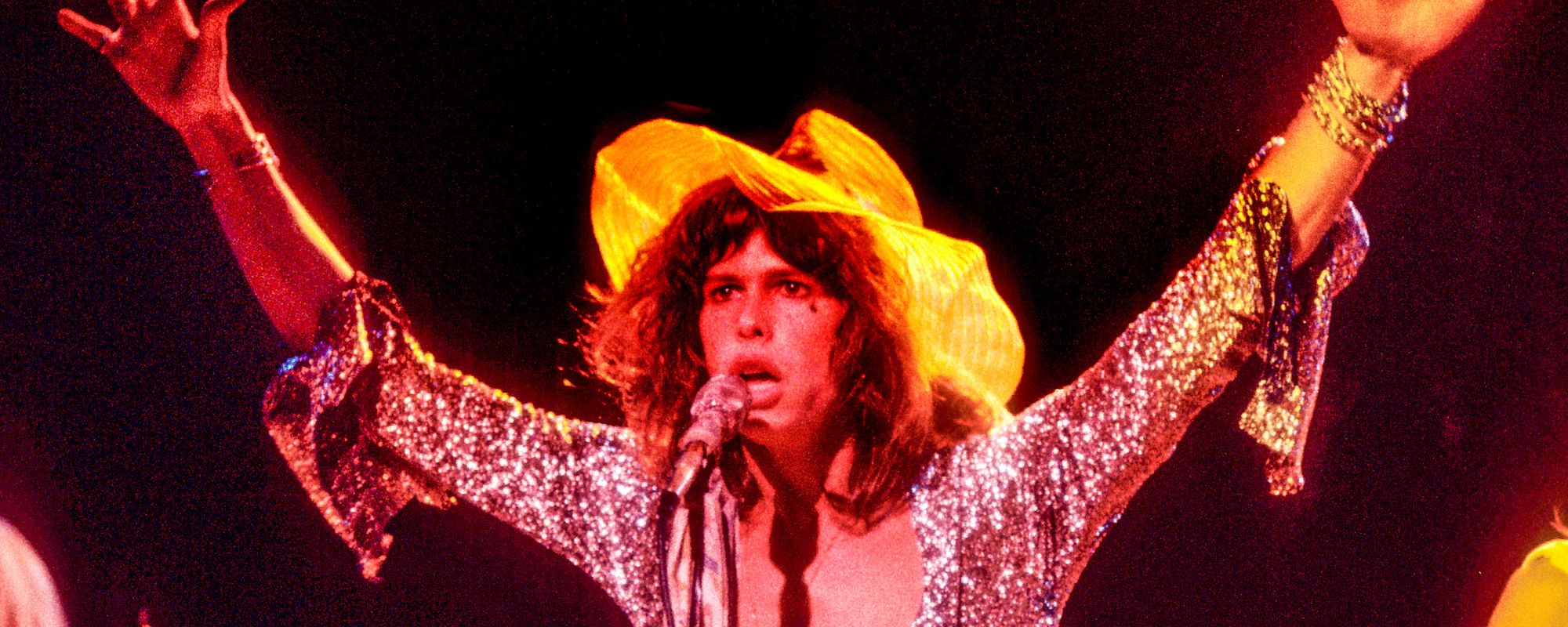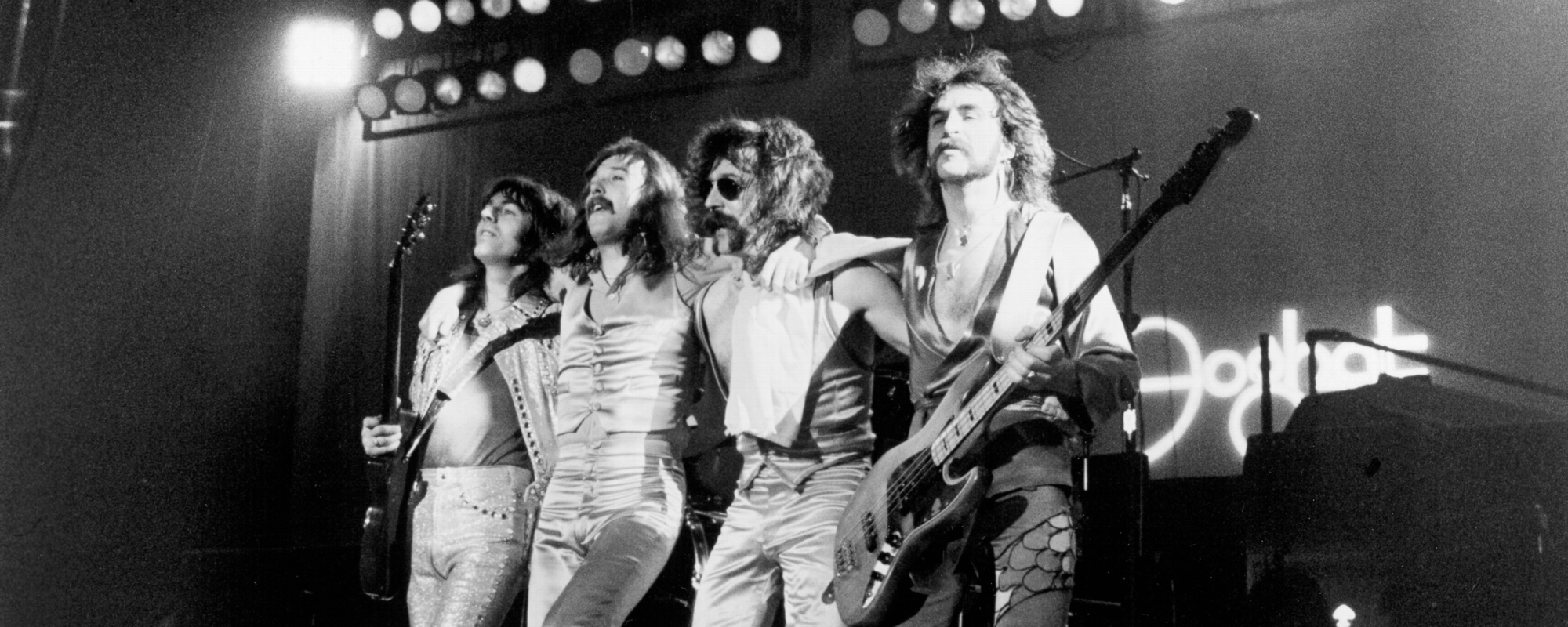Whether it’s nostalgia, curmudgeonism, or simply observable reality, virtually every age demographic believes newer music just isn’t as good as their generation’s music, and the same is true of Bob Dylan and the 1960s. A figurehead of both the acoustic folk revival and the electrical advent of folk-rock, the songwriter certainly has a unique vantage point.
Videos by American Songwriter
From his early 1960s debut to the present day, Dylan has—in his own silent, opaque ways—been a constant observer of the music industry and its many evolutionary forms. He’s expressed his disdain for some of the newer developments in the business in countless interviews, laying his case for why music has been slowly deteriorating since the 1960s.
Sure, there’s a little bit of “old man yells at cloud” energy here. But just like any good curmudgeon knows, there are still kernels of truth to be found in their cranky hot takes.
In the 1960s, People Had To Earn the Right To Cut a Record
Bob Dylan was cutting his teeth for years before he landed his first record deal with Columbia Records. The up-and-coming songwriter had developed quite a reputation in the folk clubs around New York City, and Dylan’s eponymous debut captured his dedication to the traditional art of folk music. Decades later, Dylan said that work was no longer a requirement.
“Everybody made records the same way as I did [in the 60s]. No matter who you were—Beatles, Rolling Stones, The Animals. You were a group, you were somebody before you went in and made the record. You paid enough dues to make a record. Now, people don’t pay dues no more. They expect to make a record right away.”
There Are Too Many Cooks in the Kitchen
By “too many cooks in the kitchen,” we mean “too many producers in the studio.” Bob Dylan once cited producers as a reason why music isn’t as good as it was in the 1960s. “They didn’t have that many producers back then. A producer was what they called an A&R man. Now, you have all these producers who are, in themselves, stars, and it’s their record.”
The “A&R man” Dylan mentioned was referring to the Artists and Repertoire division of record labels and music publishing companies. These representatives’ duties included scouting new talent and facilitating their success at whatever company the A&R rep worked for, whether that meant financing their musical projects, overseeing their progress, or both.
Industry Executives Place Too Much Power in Looks and Talent
While “looks and talent” might be obvious attributes for a musical star, Bob Dylan is a prime example that you can look and sound different from what is conventionally considered “attractive” and “good” and still build a highly successful, influential career. Dylan once argued that the key ingredient music of the 1960s had was experience.
“Poetry…takes a long time to get your thing together. There’s this commercialization of stuff, where if you’re a good-looking kid or you’ve got a good voice, they expect you to be able to do it all,” Dylan said. “You may be good-looking, and you may have a great voice. But if you don’t have experience to go with it, you’re just going to be disposable.”
The Influence of Technology on Music, for Better or Worse
Bob Dylan got his start in the 1960s in folk, the most traditional of all American musical formats. So, it’s unsurprising that he would be wary of the increasing amount of technology in modern music. “Machines are making most of the music now,” he once said. “Have you noticed that?” Dylan criticized the way this technology has continued to make pop music more homogenous.
And although radio and television were certainly around when Dylan was cutting his teeth as a young songwriter in Greenwich Village, he listed their ever-expanding role in musical consumption as yet another reason why modern music isn’t as good as it was in the 1960s. During one interview (that, interestingly, predated the internet and streaming platforms), Dylan said that radio and television had shrunk our perspective of music more than enhanced it.
“Most of the things that you’re exposed to are just the things you hear on the radio or on television,” he said. “You know, it’s like if it’s not on the radio or on television, well, it’s not happening. And that’s not true at all. There’s a lot of stuff that’s happening. It’s not just happening on that level.” All these years later, and Dylan’s words still ring true.
Photo by Jeffrey R. Staab/CBS via Getty Images









Leave a Reply
Only members can comment. Become a member. Already a member? Log in.